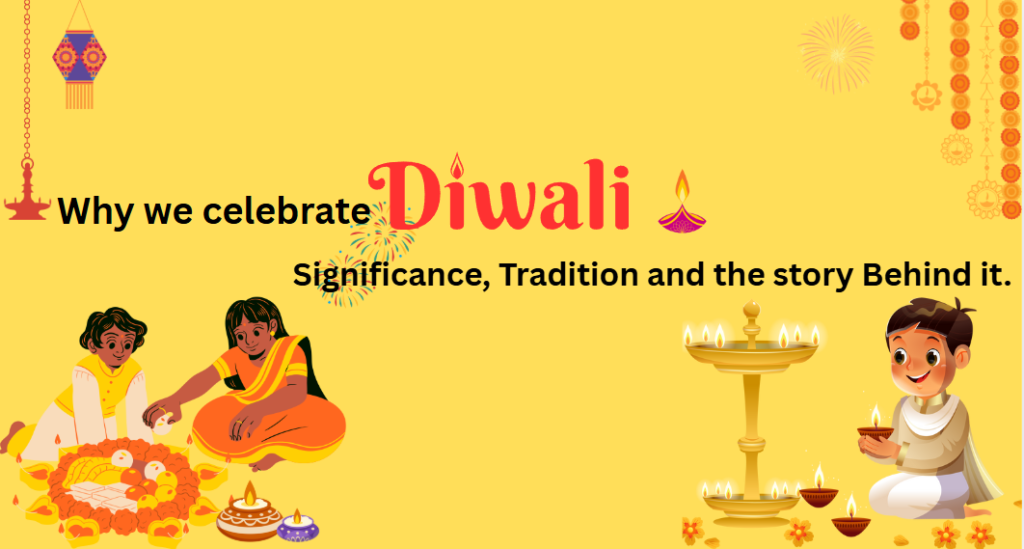
Diwali celebrations in Belgaum represent a vibrant region of tradition and cultural richness, showcasing the city’s deep-rooted connection to this festival of lights. During this auspicious time, Belgaum transforms into a dazzling spectacle, with homes adorned with colorful rangolis and the air infused with the fragrance of festive delicacies.
Visitors during this season are invited to engage fully with the unique experiences that Diwali in Belgaum offers. The lively street markets become hubs of activity where locals share their culinary delights, crafting a sensory journey of flavors and aromas.
You can observing rituals in the temples provides a glimpse into the spiritual heart of the celebrations, while guided tours reveal the rich narratives behind traditional practices and local legends.
A visit to Belgaum during Diwali promises not only a visual feast but an enriching cultural experience that will linger in your memory long after the lights have dimmed.
Historical Significance
Diwali is a significant festival in Hinduism, Jainism and Sikhism. In a diverse country like India, every religion has their own way of celebrating this festival. Even though their belief in it may be different, the enthusiasm and joy it brings to people’s lives is what binds everyone together.
For the Hindus, the holiday symbolizes the return of Prince Rama of Ayodhya with his wife, Sita, and brother, Lakshman, from a 14-year-long exile and a war in which Prince Rama stood victorious. People of Ayodhya lit lamps along the way to light their path in the darkness.
To the Jains, it has a whole different meaning. For them, Diwali is the day when the last of the Jain Tirthankaras, Lord Mahavira, attained nirvana, also known as complete knowledge and enlightenment. Lord Mahavira established the dharma followed by the Jains worldwide.
For the Sikhs, Diwali is a story of the struggle for freedom. It celebrates the victory of the sixth guru, Guru Hargobind, from the designs of Emperor Jahangir, who had imprisoned him and 52 other princes with him, in 1619. Guru Hargobind refused to leave the prison for freedom until he was able to bring all of the princes with him.
Diwali is celebrated with worship by sharing sweets, fireworks and lights. While the story varies from region to region, its essence remains the same. You will learn to rejoice in the inner light and the underlying reality of things.
Diwali Celebrations in 2025
Diwali falls on the 20th and 21st of October, 2025 will be celebrated with excitement and fervour. Families will adorn their homes with vibrant decorations, and light traditional diyas (lamps), exchange gifts, and gather for elaborate feasts. As the dazzling lights and vibrant festivities herald the arrival of Diwali 2025, may this auspicious festival fill your lives with warmth, happiness, and prosperity.
As per the Hindu calendar, the Amavasya Tithi begins on October 20, 2025, at 3:44 PM and ends on October 21, 2025, at 5:54 PM. This five-day, from October 18th to October 22nd, celebration symbolizes light’s triumph over darkness and includes Dhanteras, Naraka Chaturdashi, Diwali, Govardhan Puja, and Bhai Dooj.
Diwali Traditions & Customs
Deepavali, the literal meaning of which in Sanskrit is ‘a row of lamps.’ Even today in this modern world it projects the rich and glorious past of our country and teaches us to uphold the true values of life. One of the most curious customs, which characterizes this festival of Diwali, is the indulgence of gambling, especially on a large scale in North India.
The first day of five day long Diwali celebrations is of great importance to the rich community of western India where houses and business premises are renovated and decorated and rangolis are designed to welcome Lakshmi, the Goddess of wealth and prosperity. Believing this day to be auspicious women purchase some gold or silver or at least one or two new utensils. Lakshmi-Puja is performed in the evenings when tiny diyas of clay are lighted to drive away the shadows of evil spirits, devotional songs- in praise of Goddess.
On second day there is a traditional practice specially in Maharashtra of taking bath before sunrise with oil and “Uptan” and fragrant powders. In northern India, especially in places like Punjab, Diwali is dedicated to the worship of Lord Rama. While in Bengal, Kali Maa, the goddess of strength, is worshiped by all. Diwali is one of the few Hindu festivals, which is celebrated in every part of the country, even in states like Kerala that has Onam as its main festival. To the Jains, Deepavali has an added significance to the great event of Mahaveera attaining the Eternal Bliss of Nirvaana.
Govardhan-Puja is also performed in the North on the fourth day. This day is also observed as Annakoot meaning ‘mountain of food’. Goddess Lakshmi is worshiped in every Hindu household. In many Hindu homes it is a custom for the wife to put the red tilak on the forehead of her husband, garland him and do his “Aarti” with a prayer for his long life. This Gudi Padwa is symbolic of love and devotion between the wife and husband.
As we celebrate Diwali, it’s a reminder that if you let God into your life, it will light up every corner of your existence. Each region adds unique traditions, making Diwali a truly diverse and unifying festival of hope and prosperity.
NammaBelagaviNews
Belagavi illuminates with light and happiness during this festival. Its like the diyas take over all the darkness. Beautifully written! This indeed captures the spirit and significance of diwali.